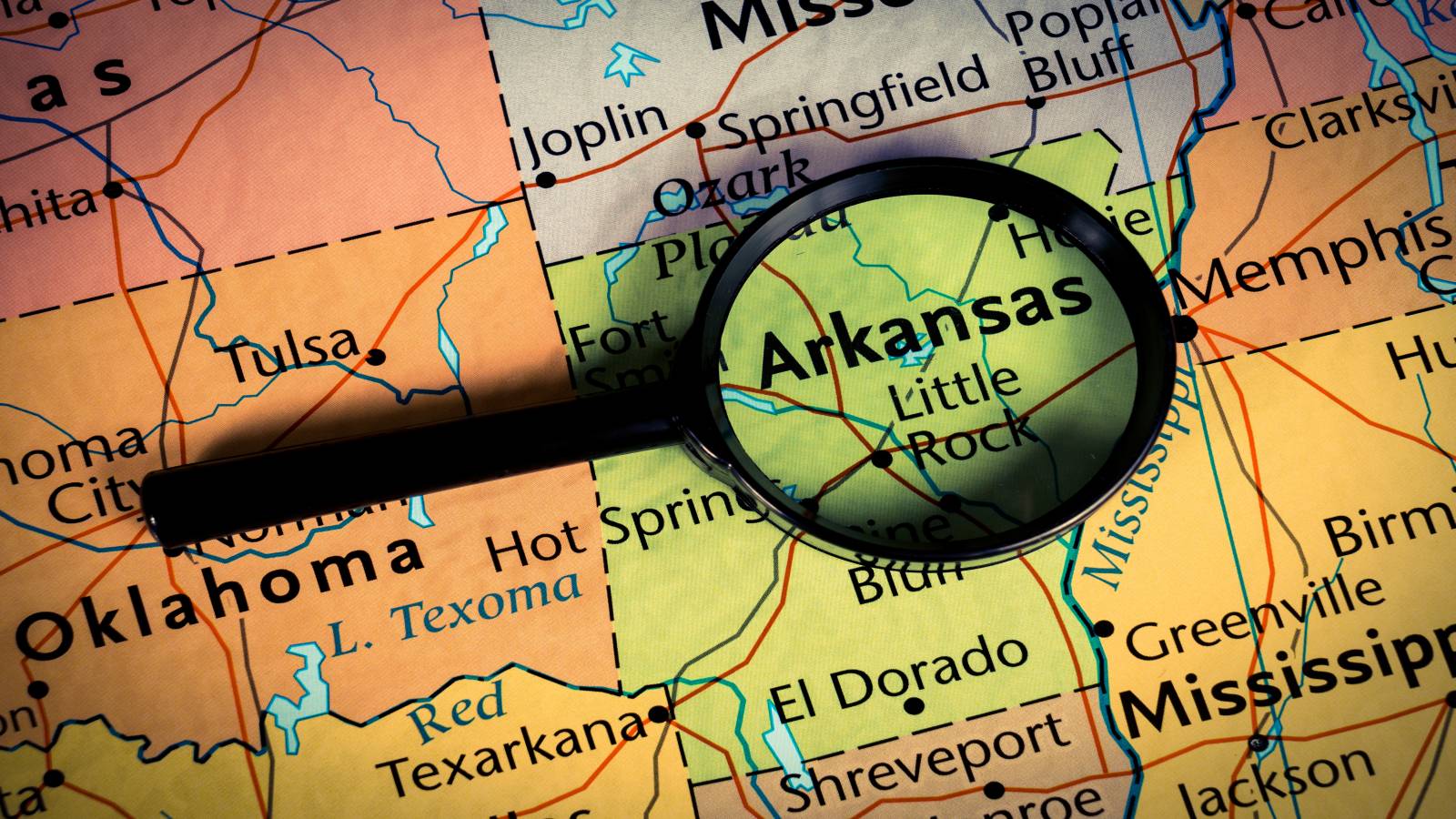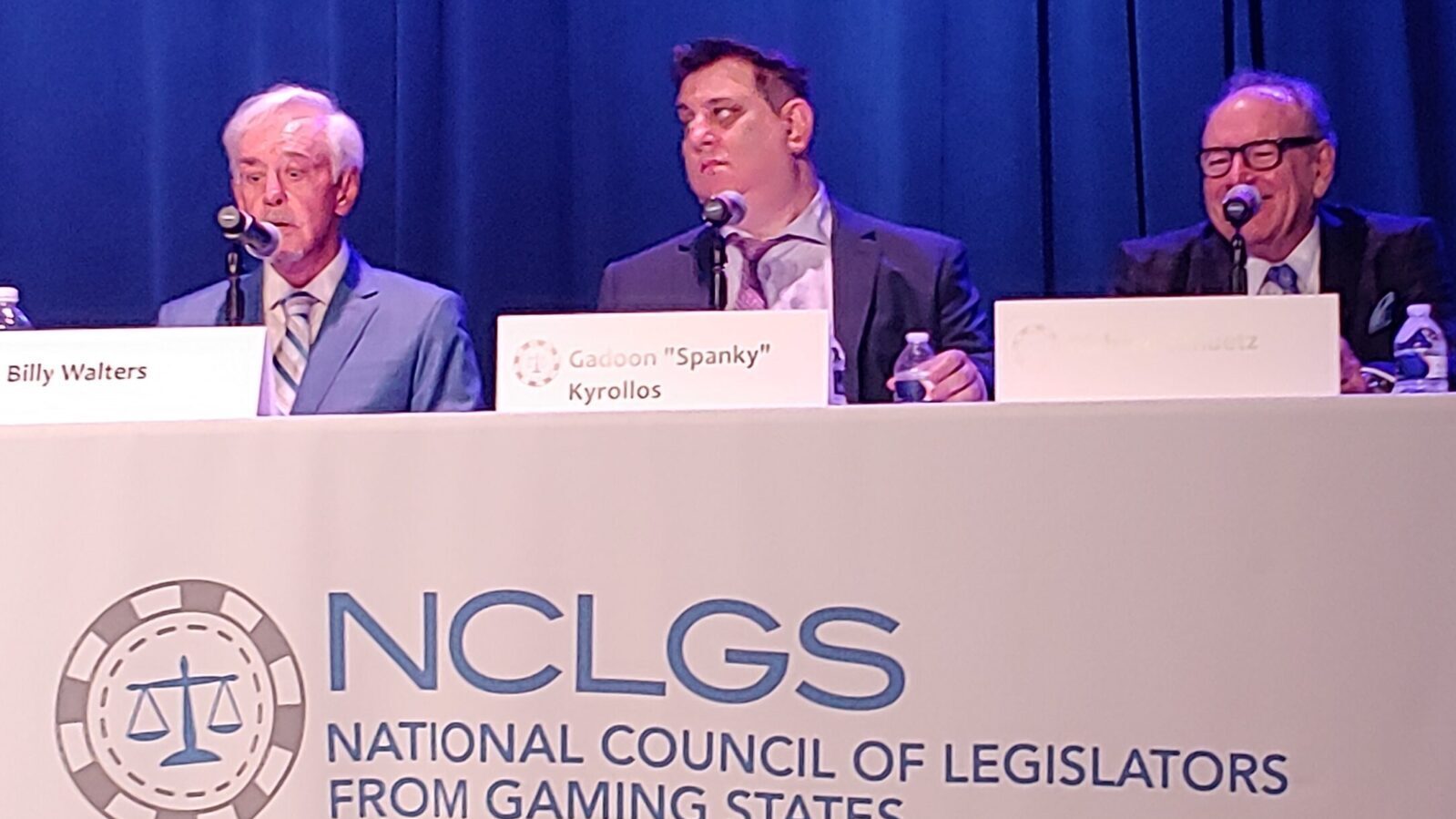Arkansas Enters Online Casino Legalization Conversation — Without Requiring A Whole New Law
Saracen Casino Resort Chief Marketing Officer Carlton Saffa is advocating for an update to an existing law to add iCasino gaming.
2 min

Carlton Saffa, the chief marketing officer at Saracen Casino Resort in Pine Bluff, Arkansas, believes Arkansas only needs a small nudge to introduce regulated online casino gambling. He’s trying to give it that nudge through a letter he sent to the Arkansas Racing Commission (ARC) last month.
Saffa penned a request to ARC Chair Alex Lieblong in which he advocated for a revision of ARC Rule 5. This rule currently discusses online poker but doesn’t touch on other popular forms of gaming, such as slots, blackjack, and craps.
It should be pointed out that while the laws permit online poker by licensed operators, it hasn’t been impactful. So far, no operator has requested a license.
Saffa’s argument hinges on the premise that amending the rule to include a broader array of online gaming options would not only align with the digital age but also generate substantial tax revenue for the state. His proposal outlines a vision where regulated online gaming could effectively combat the presence of unregulated, offshore dual-currency casinos that operate without adherence to Arkansas’ standards or concern for underage gambling.
The push for this regulatory change comes at a time when online sports betting is already permitted in the state, suggesting a precedent for digital gambling that could extend to other casino games. Saffa’s initiative reflects a broader trend in the gambling industry, where consumer demand is increasingly shifting toward online platforms.
Saracen to lead the way
By proposing this rule change, Saffa is positioning Saracen Casino Resort at the forefront of this shift, while potentially setting an example for some other states to follow. The proposal also addresses concerns about the impact of online gaming on physical casinos, arguing that the ease of access to regulated online platforms could actually complement and enhance the traditional casino experience rather than detract from it.
Moreover, Saffa emphasizes the importance of providing a legitimate and regulated alternative to the unregulated online casinos that currently attract Arkansas consumers. He asserts that by expanding the scope of online gaming under ARC Rule 5, the state could ensure that operators are held accountable to government standards, thereby protecting consumers and ensuring fair play.
The potential financial implications of such a change are significant. Saffa predicts that online gaming could contribute at least $12 million to state coffers just from Saracen’s operations. That includes direct tax revenue and support for local industries such as the Oaklawn Jockey Club.
Arkansas slow to react
Since the approval of sports betting by Arkansas voters in 2018, there have been significant developments in the state’s gambling landscape. When sports betting was initially legalized, the law did not extend to online or mobile sports betting. In 2022, however, mobile sportsbooks were introduced, marking a notable shift toward the acceptance of online betting platforms.
Also in 2018, voters approved Amendment 100, a change to the state constitution that authorized four land-based casinos. Proponents of online gambling have been trying since to convince Arkansas leaders to open the market.
Despite this progress, online casino gambling remains outside the scope of legal online activities in Arkansas. The state has shown a preference for in-person gambling at licensed racetrack casinos and has not indicated a move toward legalizing online casino games.
The sentiment toward online gambling in the U.S. is very fluid, although Arkansas may not be ready to make any changes. The last time the subject came up, in 2021, the ARC rejected a motion to consider online casinos.
There are now seven states in the U.S. that offer legal iCasino: Connecticut, Delaware, Michigan, New Jersey, Pennsylvania, Rhode Island (which just launched in March), and West Virginia. If Arkansas — which was not on many insiders’s online casino radar before now — steps up, it would likely be the only state to legalize the activity this year.





